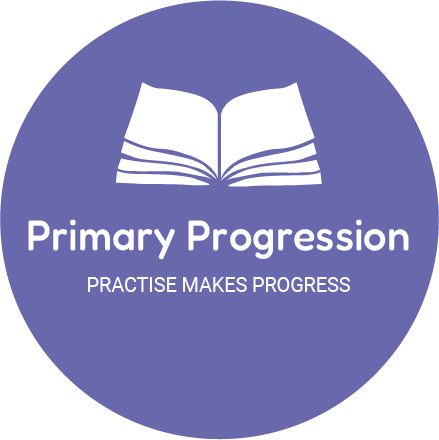ABOUT MEHannah Taylor




Primary Progression
I created Primary Progression because I want to help schools, parents and carers support primary aged children with their education. Primary Progression is here to support you in understanding how to help your children/students make progress through the primary curriculum.
Teaching Experience
Before I was a classroom teacher, I was a tutor, supporting children between the ages of 4 and 14 with their education.
I am a fully qualified teacher, graduating from St Mary’s University in Twickenham. I have spent some time in each year group from EYFS (reception) to Year 6. I have spent most of my teaching career as a class teacher for Year 6; helping prepare the children for their SATs and progress to secondary school.
As well as being a class teacher, I have been a subject leader in charge of Science, Computing and STEM. I have also had the responsibility for ECTs (Early Career Teachers) as their ECT Tutor, helping them progress through their first two years as qualified teachers. Finally, I have been both a staff governor and a co-opted governor and helped contribute to progressing the school’s teaching and learning.

Education
- I attended St Mary’s University for my undergraduate degree. I graduated with a high first in Creative and Professional Writing and Media Arts (BA Hons).
- I then continued my studies by completing a PGCE degree (again at St Mary’s University) and graduated as a fully qualified teacher.
Teaching Philosophy/ Pedagogy
Every teacher will have their own pedagogy (their belief/philosophy of education). Below are just a few of mine:
- Practise makes progress. Everyone’s idea of “perfect” is different. One person might think the perfect cake is chocolate, another may think strawberry. Me? I don’t like cake! There is no perfect cake for me; however, we can all progress our baking skills to make the cakes. This applies to learning too. There is no “perfect” ending that fits everyone. Therefore everyone should strive to make good progress from their starting point each year.
- Understanding children’s emotions (and the children understanding their own emotions) is crucial to understanding their behaviour. Children feel a range of emotions, but often cannot explain what/how they are feeling. It is vital that parents/carers and educations work together to help progress children’s emotional literacy to improve: resilience, confidence, self-regulation, sense of identity and empathy.
- Every child should feel safe during their time in education and should be comfortable with speaking with the staff present. Therefore staff should spend time getting to know the children on a personal level, beyond just academics, so they can best notice out of the ordinary behaviour/emotions. Building a good rapport with children (and their family) is key to supporting their education.
- Children within the classroom will have different levels and styles of learning/understanding. Schools should avoid implementing a ‘best practice’ that is used by all teachers throughout the classrooms to educate in the same way that can become very regimented and unstimulating. Classrooms should be dynamic and expose students to a range of learning materials. E.g. visual, written, audio, practical.
- During planning sessions schools will generally agree upon one way in which every teacher in that particular year group will deliver the lesson to keep it easy and transferable each year. However, teaching is a personalised skill without any precise method that works for all. Therefore, individual strengths must be catered for, for both the teacher’s and the student’s personalities.
- There should be no ‘it’s good enough’ when it comes to education. We should strive to improve our knowledge through academic, social and practical means. Teachers and students should be reflective in their teaching and learning to make the best progress.


